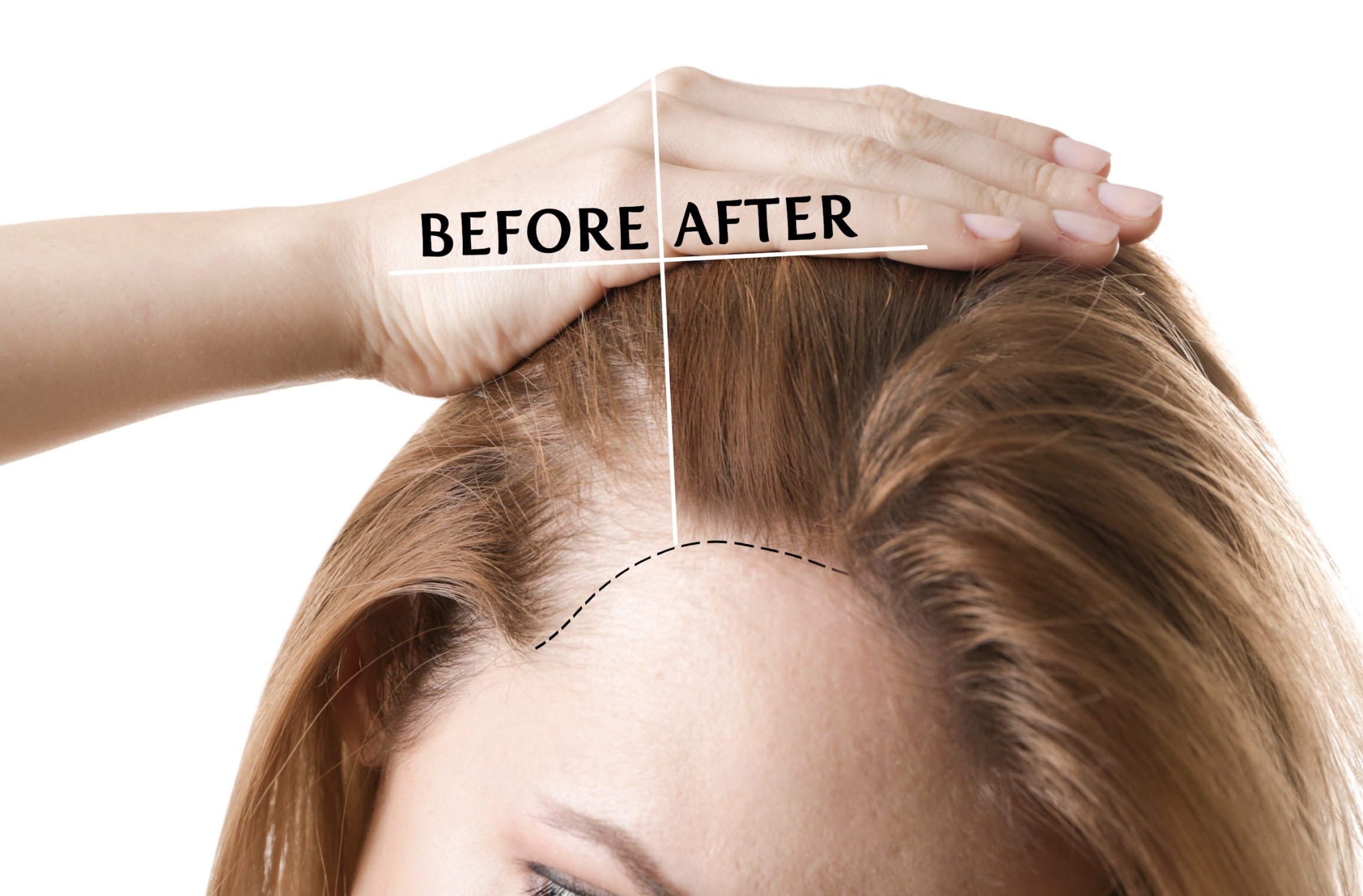Mild hair loss is normal, acceptable, and is usually a part of the changes your body goes through. But for others, it can be overwhelming that it hurts even their self-esteem. After going through all other measures to try and sort your hair loss problem, you may have still been struggling to see a major regrowth. The best solution? A hair transplant surgery.
While you may be excited about your hair transplant’s outcome, this excitement may come with a lot of anxiety and nerves as well. You can put your mind at ease about the procedure when you know the ins and outs of how best to prepare for the procedure and what you should expect before, during, and after your hair transplant surgical treatment.

To ensure your hair transplant surgery goes successfully as planned, however, it’s very important to take the time to truly prepare for it. Here’s how:
Chapter Overview
1. Find The Right Hair Transplant Clinic
Whether you’re staying right where you are or you’re willing to travel to the nearest location of a clinic that offers hair transplants, the beginning of your preparation process is always to find the right hair transplant clinic.
This is often easier said than done. While there may be numerous clinics offering hair transplant treatments, not all of them are necessarily the best, certified, or qualified for such. You’ll be spending for this procedure and certainly, you’ll want to have no less than the best results. So, it follows that you’ll need to do your research to find the best clinic that offers hair transplant procedures. You can start your search with clinics like www.themedlounge.com.
2. Stop Smoking 24 Hours Prior The Surgery
If you smoke, this second tip is for you. It’s highly recommended to stop smoking at least 24 hours before your scheduled hair transplant surgery. This doesn’t mean giving your body a shock through undergoing an abrupt stop. But, at least put a temporary hold on smoking until you recover. The reason for this is that smoking may affect wound healing and may also affect your overall recovery.
3. Wash Your Hair Thoroughly
On the night before and the morning of your surgery, make it a point to wash your hair thoroughly. This is highly recommended especially if you’ve been out and about. You’ll want to be certain your hair is free from any chemicals, dirt, or any grime which may have accumulated on your head.
Along this line, do ask your doctor as well if there’s any special shampoo you have to take. If such is prescribed, be very diligent in following your physician’s orders.
4. Prepare For Your Aftercare
Most, if not all hair transplant surgeries can go smoothly without any complications at all. But it’s still a surgery procedure, so you also have to prepare for your aftercare. This refers to who helps you after your procedure once you’re sent home. Your aftercare plan should include matters like:
- Accommodation arrangements if you had to travel to the clinic’s location; and
- Transportation arrangements, like who’ll drive you to the hospital and bring you home after.
You don’t necessarily have to take a long leave of absence from your job following your surgery. But, it’s a good idea to give yourself at least a few days to recuperate. Give your head time to heal, and avoid overexposing it to the harsh elements of the weather. Anesthesia may have taxing effects on some individuals, so you have to be prepared.
5. Boost Your Health
It’s not just your head you should prepare to be in top shape before your surgery, but your overall health as well. This means keeping your immune system in good condition on the weeks leading to your scheduled surgery. As you minimize and temporarily halt smoking, the same should be done to your alcohol intake as well.
One of the best ways to boost your health is to eat a balanced and healthy diet and bulk up with your vitamins. When your overall health is good, your recovery and healing process from the transplant may also be better.
6. Don’t Have Your Hair Cut
Your dermatologist or hair transplant specialist may also discourage you from having a haircut before the transplant. It’s important to let your hair’s donor area grow, so you’ll have enough hair for the transplant. Also, you’ll need to have thick enough hair to cover your stitches after.
Conclusion
The tips above should be enough to give you a sense of direction on how you can prepare for your hair transplant surgery. Yet they aren’t meant to substitute sound medical advice coming from your dermatologist or physician. You’ll surely be presented with a set of specific tips according to your hair’s condition and other biological factors.
So, be sure to adhere to those tips as well. All the effort you put into preparing for your hair transplant surgery will be worth it, when your surgery turns out successfully.

